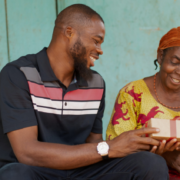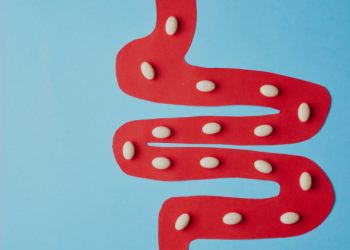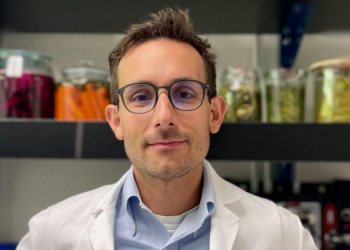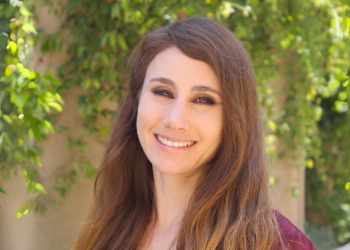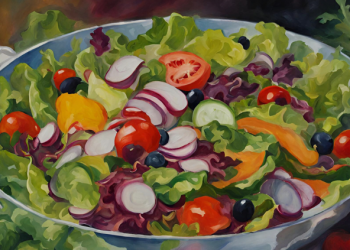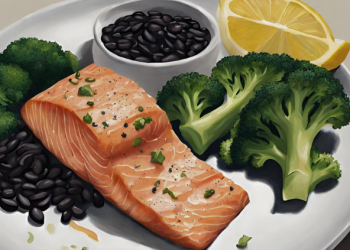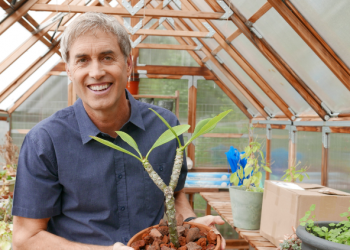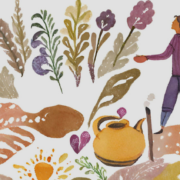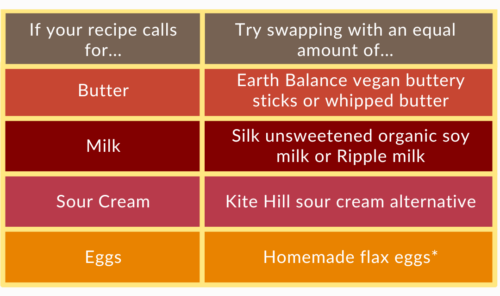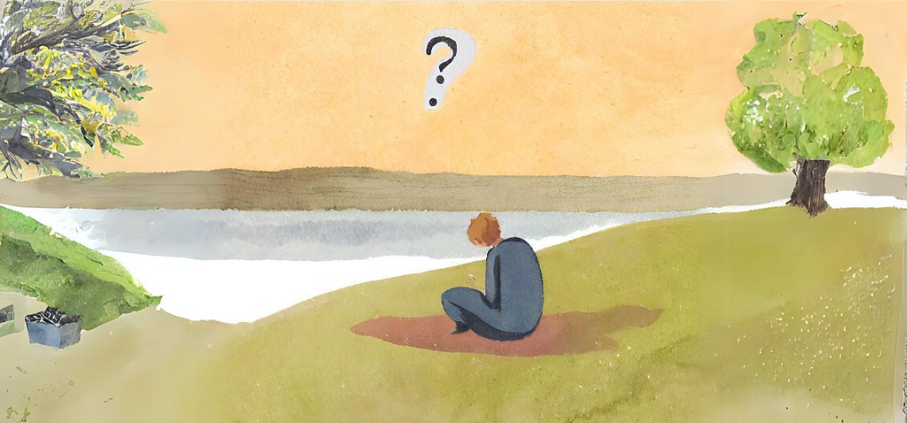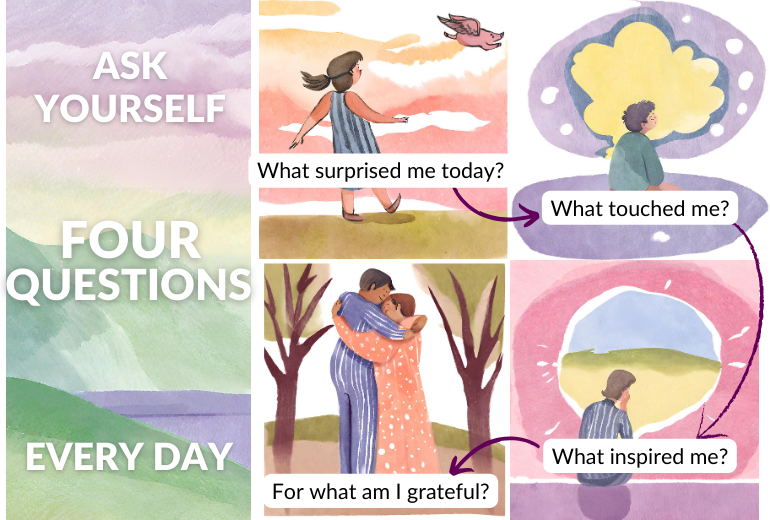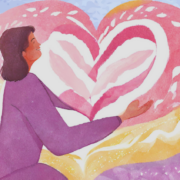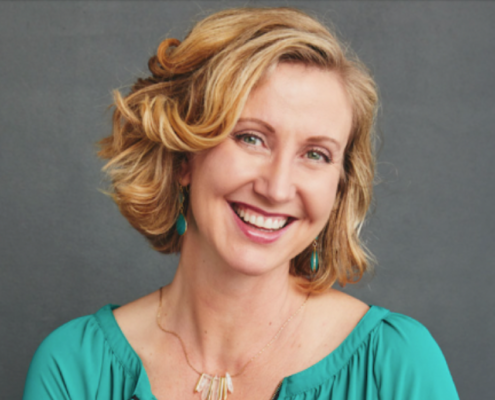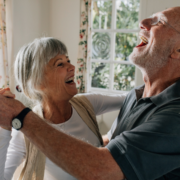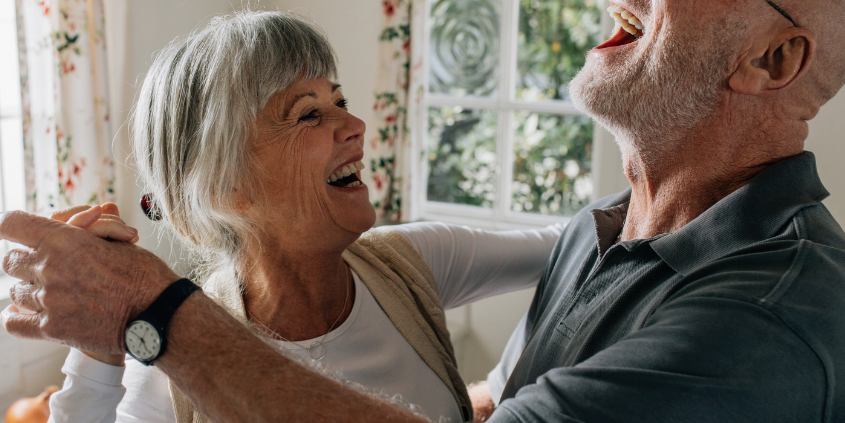By Maya Shetty, BS
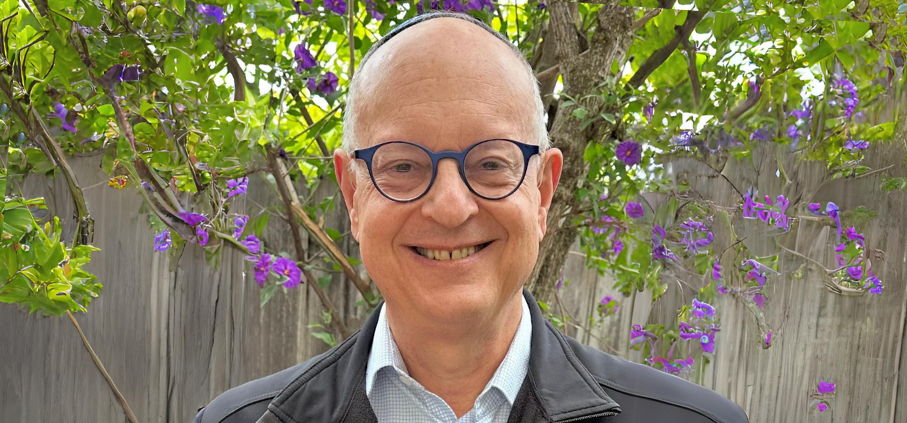
Bruce Feldstein, MD, BCC, is a distinguished chaplain, physician, and educator at Stanford, renowned for his unique influence in healthcare that bridges the realms of spirituality and medicine. His work is motivated by a desire to inspire a more holistic and compassionate approach to healing. Presently, he serves as a guiding light for the Stanford Lifestyle Medicine Gratitude and Reflection pillar, seamlessly integrating the essence of human existence into the broader field of lifestyle medicine.
“Within healthcare, I see lifestyle medicine as a pathway to recognize the human dimension of living that reflects the essential nature of being human itself,” says Dr. Feldstein. “Through this perspective, we appreciate the human experience with a more comprehensive embrace.”
One of the remarkable aspects of Dr. Feldstein’s work is the emphasis on an individual’s humanity. As an Adjunct Clinical Professor of Medicine at Stanford, he surpasses the boundaries of traditional medical education by bringing forward an understanding of human beings as biological, linguistic, and historical beings who are fragile, interdependent, and mortal. His educational focus includes caring for structural human concerns such as meaning, purpose, connectedness, belonging, and dignity.
At Stanford, he has taught courses that encompass these principles, such as “Spirituality and Meaning in Medicine” and “Physician Self Care and Well-being.” He also teaches “The Healer’s Art,” created by Rachel Naomi Remen, MD, and “Reflection Rounds,” in which medical students, physicians, and chaplains gather to reflect on their inner life experiences. “Reflection Rounds” is now a subject of doctoral dissertations supervised by Dr. Feldstein. He also mentors students, residents, physicians, and chaplains across the country, as well as teaches and gives talks on spirituality and medicine globally.
Humble Beginnings
Born in Detroit, Michigan, Dr. Feldstein’s journey has taken him through diverse experiences in music, medicine, and spirituality. He reminisces, “I’ve been in medicine since I was 2 years old, when my father’s drug store burned down and he went to medical school. As a child, I would join him on countless house calls and hospital rounds.”
Dr. Feldstein attended the University of Michigan, taking advanced pre-medical courses while earning a Bachelor of Science in music focused on theory, analysis, and history.
“Experiencing music can bypass our intellect and touch the core of our meaning and being. There is a healing power in music,” he says. This deep connection to music resonates in his life today as a chaplain, incorporating singing into his spiritual care for its healing energy, meaning, and ritual.
He completed his undergraduate education in just two years, earning membership in Phi Beta Kappa and receiving numerous awards. Remarkably, he was accepted into medical school at the University of Michigan at the age of 20.
His childhood experience of religion, like many assimilating immigrant Jewish families, was oriented around private family gatherings rather than lived publicly or professionally. Yet, Dr. Feldstein was drawn to spiritual and religious experiences throughout his medical education and clinical practice. As a medical student, he witnessed a Christian physician in a small Michigan town emergency room who offered a prayer from his pocket-sized Bible while caring for his long-time patient. Initially, Dr. Feldstein was taken aback, but soon understood the immense comfort this act provided to the patient. Through many moments such as this, he began to recognize the spiritual dimensions of medicine.
Emergency and Disaster Medicine Physician
After graduation from medical school, Dr. Feldstein volunteered as a physician in the pediatric ward of a Cambodian refugee camp on the Thai border. It was the winter of 1979 – 1980, in the aftermath of the genocide and famine that killed one-quarter of the Cambodian population by the country’s Prime Minister, Pol Pot. There, he saw indescribable suffering and horror, as well as the unforgettable human will to live. He also witnessed equanimity and power among the people due to their Buddhist practices. Unavoidably, he began to recognize the crucial importance of the spiritual-humanistic dimensions of human life and how they were missing in Western medicine.
Upon returning to the US, Dr. Feldstein practiced emergency and disaster medicine for 19 years. During this time, he spent a two-year sabbatical with Fernando Flores, PhD, who introduced him to the essential nature of language in medicine, helped him appreciate what it is to be human (ontology), and the power of incorporating these understandings into healthcare, clinical medicine, and everyday life. Flores remains one of Dr. Feldstein’s lifelong teachers.
Shifting from Physician to Chaplain
In 1998, he faced a life-altering injury that rendered it impossible to carry on as an emergency physician. Exploring different career avenues, he became a visiting scholar at the Stanford Center for Biomedical Ethics, mentored by Ernlé Young, PhD. He also ventured to Jerusalem to study Jewish religion and ethics, then returned to Stanford where he discovered a deeper sense of his life’s work as a chaplain.
He completed the residency program in Clinical Pastoral Education to become a spiritual care professional in 2000. He was still serving those in pain and suffering, but now offering comfort and healing from an emotional and spiritual perspective. As a chaplain who was previously an emergency physician, “I had the distinct impression I was bridging two worlds.”
In 2000, he also established the Jewish Chaplaincy Services (JCS), a program dedicated to providing spiritual care and guidance to hospital patients, their families, and caregivers at Stanford Medicine. This involved training spiritual-care volunteers and, as a physician who is a chaplain, contributing to the integration of spirituality into the practice and profession of medicine through education.
Since 2001, as an Adjunct Clinical Professor at the School of Medicine, Dr. Feldstein has developed and taught an award-winning curriculum on spirituality and well-being for medical students and faculty. He received the John Templeton Spirituality and Medicine Curricular Award and was the first recipient of the Isaac Stein Award for Compassionate Care presented by the Stanford Health Care Board of Directors. He is recognized as a Board Certified Chaplain by Neshama: Association of Jewish Chaplains, the professional association for Jewish chaplains worldwide, where he was a past president.
In his multifaceted roles as a leader in lifestyle medicine, chaplain, professor, and director of JCS, Dr. Feldstein remains dedicated to nourishing the souls and minds of the Stanford community.
“Stanford’s commitment to including the spiritual dimension of medicine resonates with my core belief that understanding the essence of being human enhances the ability to address pain and suffering and promote healing in a more profound way,” he says.


